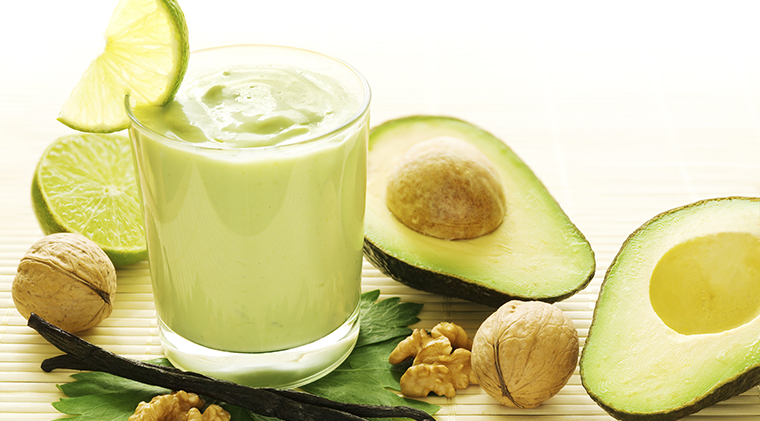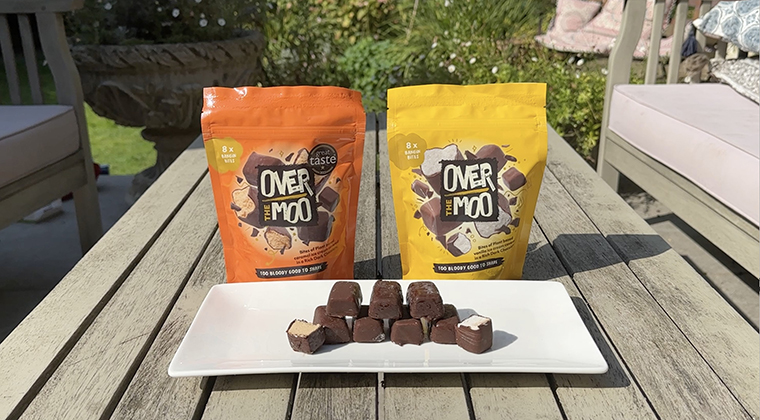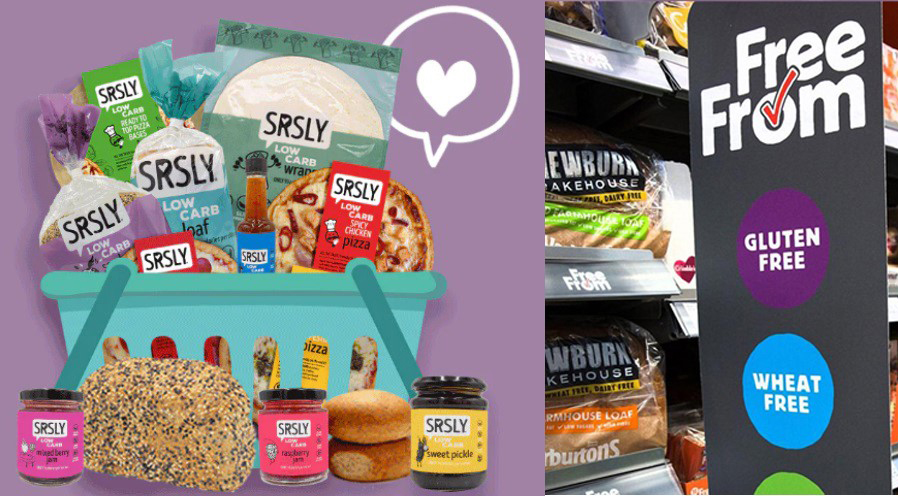The old mantra of three square meals a day and don’t snack in between is now a distant memory. Our hectic 21st century lives mean we are ever more eating on the run, in the car, on the school run, dashing from one appointment to another, stuck in traffic and governed by our phones and deadlines. Snacking has evolved to be part of these new lifestyles and is often blamed as one of the reasons for weight increase. However depending on what foods you are snacking on, eating little and often is paramount in the battle of balanced blood sugar. Good healthy snacks can keep energy levels going all day, whereas going too long without food can leave us ratty, irritable, and low in energy and mood.
Research has revealed different types of snackers and what triggers bad eating habits. Below I’ve outlined some of the best healthy snacks around. This is not about coffee and bourbons for elevenses or tea and cake at teatime; this is about healthy snacks that steer away from sugar and caffeine and give you slow release energy.
A really important time is between 3pm and 7pm, the time when people come from home from school or work and raid the fridge. Preventive measures can be put into place so this doesn’t happen; just a bag of nuts in your bag can make all the difference!
New research has recently looked at three types of snackers in women. (However this does not mean that men don’t snack!) The findings identify various catalysts and behaviour patterns.
The Situational Snacker: these are stressed out snackers who pick throughout the day, even if they’re not hungry, due to environmental or emotional pressures. Often their busy schedule can cause them to skip meals. The Situational Snacker is busy and doesn’t have the time to prepare and eat a full meal during the day. To fill up, snacks are grabbed throughout the day whilst munching on the children’s packed lunch leftovers for breakfast, and snacking in the car for lunch after doing the food shop, or scoffing half a sandwich before the company meeting. The triggers here are emotional pressure, stress and little down time.
The Forgetful Snacker: mindless munchers who subconsciously snack, opening something and eating far more than they intended. More often than not these snackers have no concept of what or how much they are eating. This type of snacker will graze on the foods closest to hand, without even realising what they are doing! So prevention here is key, as anything around the house or near to hand can and will be eaten – munching through crisps whilst watching the TV and starting on that packet of biscuits in the cupboard! Do you find yourself opening a packet of biscuits only meaning to eat one, but suddenly the packet is empty? If you were asked to remember everything you’d nibbled on throughout the day, would you remember every mouthful?
The Super Snacker: recognises energy lows and plans ahead, often carrying snacks with them. This type only nibble sensibly as and when their body tells them to. This snacker is well aware of their snacking habits and despite a busy day, or the odd sweet craving, they will do what they can to stay strong and find the foods they need to get through the day – no matter what that day might bring. Busy day of meetings and no time for lunch? – she will ensure she’s got a steady supply of her favourite nutritional snacks pre-packed and close to hand to see her through. Afternoon energy crashes? – there will be a nutritious pick-me up ready to go. Craving an evening treat after a long day? – the Super Snacker will reach for a snack from a well-stocked snack cupboard.
Preparation is key to stop mindless snacking. Stocking high protein, more savoury snacks, and avoiding the carbohydrate and sugar snack choices high in glucose syrup can help stop your continual snacking. Also a protein based breakfast helps stop hunger pangs mid morning. Try it and see!
Even the smallest handbag has room for a piece of fruit. One of my favourite snacks is nuts, so far removed from the unhealthy fattening snack as you could get, packed full of protein, good oils, and minerals they can keep you going for many hours. However even nuts everyday can get boring after a while, and the average snacker will only take a piece of fruit to work, again slightly boring, we need to think out of the box a bit. I’d invest in a travel container/bento box/ tupperware box and try the following: do remember a snack is a snack not a meal, so keep it small and light i.e. a handful of nuts is about 8-10 not the whole bag!
The following snack ideas are either found in the supermarkets, are home made, or you can buy nuts and add flavours yourselves. Try where possible to avoid refined sugar.
nuts – mashed avocado on a cracker – mashed tinned salmon, dill and cottage cheese on a cracker – roasted soya nuts – dark chocolate – oatcakes with nut butter – hummus plain, low-fat, spiced, chilli, avocado, lemon on a cracker – guacamole – sliced peppers, carrots, celery – mini Babybels – low GI fruit e.g. mango, berries, apples – mini Scotch-eggs – olives – black pepper cashews – edame beans – spiced chickpeas – pretzels – Japanese rice crackers – chilli pumpkin seeds, sunflower seeds – popping corn – plain crisps/vegetable crisps – smoked mackerel, trout, tuna, salmon pate on a cracker – vegetable pates – rice cakes – oatcakes – crackers – plain live yoghurt with low GI fruit
Kate Arnold
katearnoldnutrition.co.uk
01323 310532 / 737814
katenut @aol.com
Twitter
Facebook







